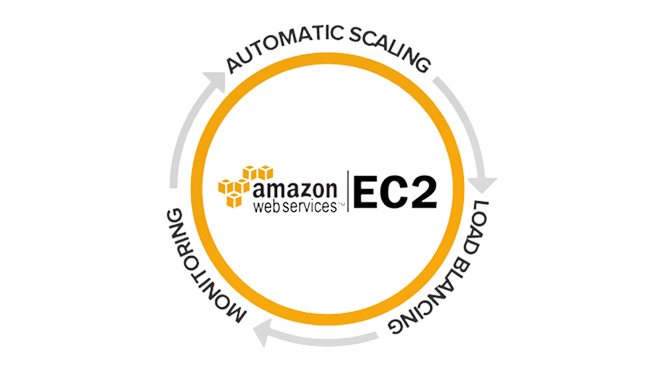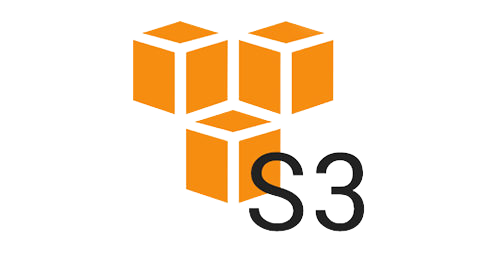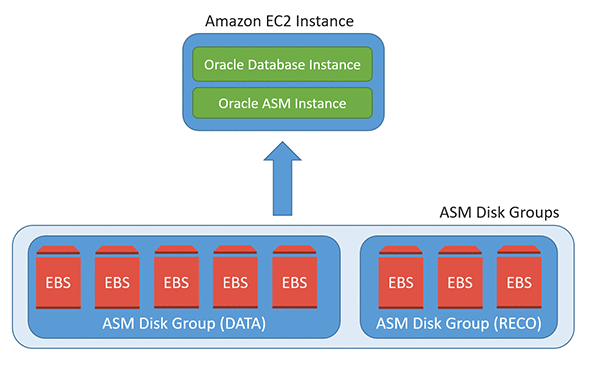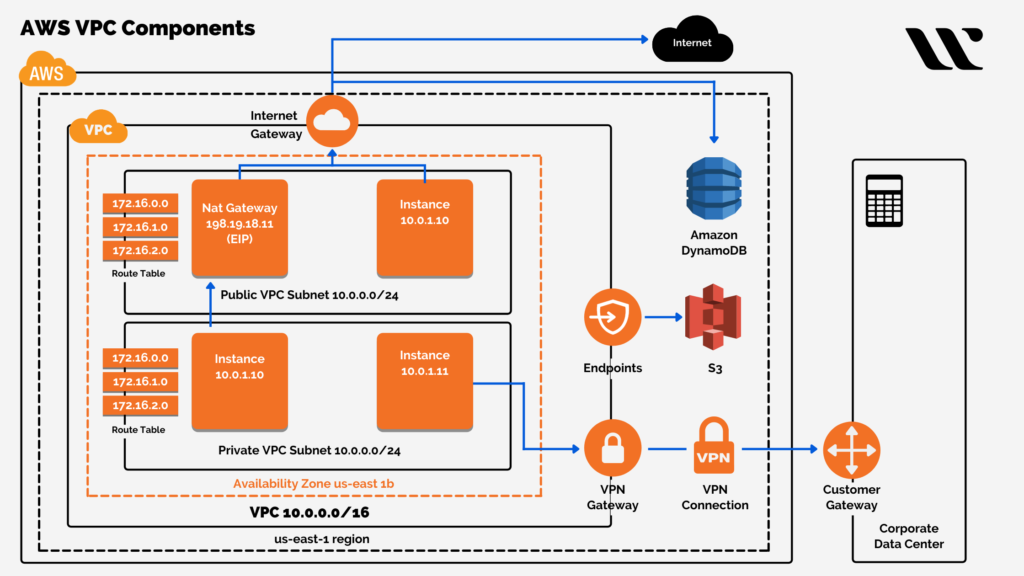Amazon Web Services, or AWS, is an online cloud computing platform that allows users to store and process data in the cloud at an affordable price point. It was launched in 2006 by Amazon and has allowed many different companies and startups to bring their ideas to life without having to spend a lot of money upfront on hardware and other resources needed to get started with their projects. Here are a few things you should know about Amazon Web Services if you’re thinking about using it for your business or another project.
How does Amazon Web Services work?
Well, as Amazon explains it: Amazon Web Services (AWS) is a secure cloud services platform, offering computing power, database storage, content delivery, and other functionality to help businesses scale and grow. That may sound technical—and it is—but it’s also fairly simple to explain. Think of AWS as a company that provides companies like yours with infrastructure support: They provide computing space and storage capacity (as well as many other crucial services) in exchange for money.
Services of Amazon Web Services (AWS)
These services help developers build, deploy, and scale an application in the cloud platform.
- Amazon EC2 (Elastic Compute Cloud)
EC2 is a cloud platform provided by Amazon that offers secure, and resizable compute capacity. Its purpose is to enable easy access and usability to developers for web-scale cloud computing while allowing for total control of your compute resources.

- Amazon RDS (Relational Database Services)
Amazon Relational Database Service (Amazon RDS) makes database configuration, management, and scaling easy in the cloud. Automate tedious tasks such as hardware provisioning, database arrangement, patching, and backups – cost-effectively and proportionate to your needs.

- Amazon S3 (Simple Storage Service)
Amazon S3, at its core, facilitates object storage, providing leading scalability, data availability, security, and performance. Businesses of vast sizes can leverage S3 for storage and protect large sums of data for various use cases, such as websites, applications, backup, and more.

- Amazon CloudFront
CloudFront is a content delivery network platform that executes at rapid rates with the secure distribution of data, videos, apps, and APIs on a global scale with low delay times. Connected with the global infrastructure of AWS, CloudFront integrates seamlessly with systems.

- Amazon EBS (Elastic Block Store)
Amazon Elastic Block Store (EBS) is a high-performance block storage solution used within Amazon EC2 for throughput and transaction workloads of any size, at any time. It handles a diverse range of workloads, such as relational and non-relational databases, and enterprise applications.

- Amazon VPC (Virtual Private Cloud)
Amazon VPC enables you to set up a reasonably isolated section of the AWS Cloud where you can deploy AWS resources at scale in a virtual environment. VPC gives you total control over your environment, which includes the option to choose your own IP address range, creation of subsets, and arrangement of route tables and network access points.

